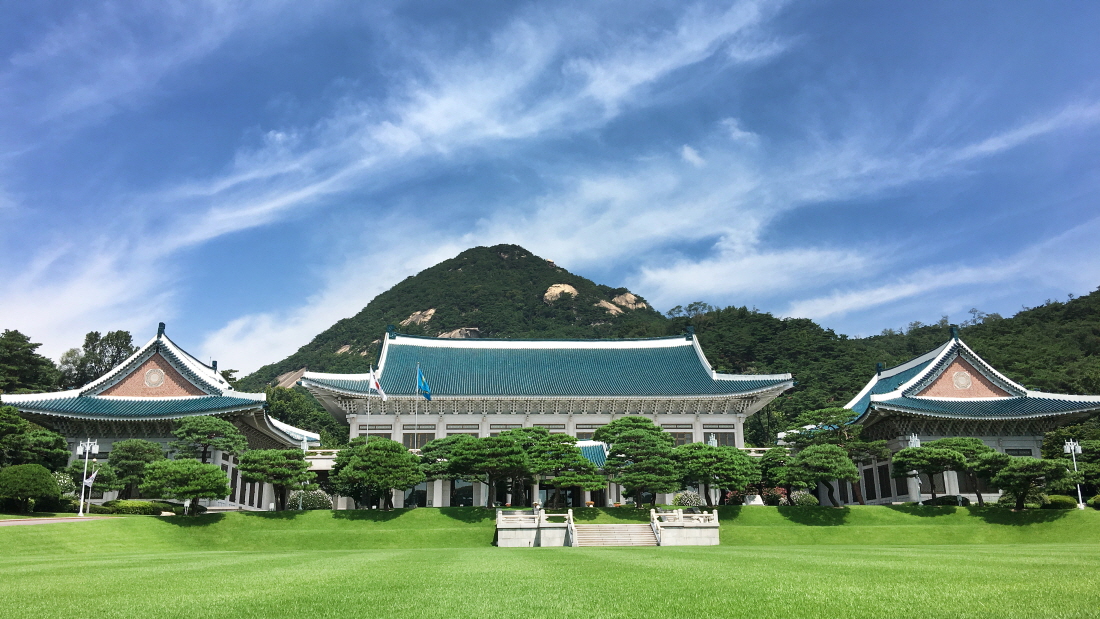이 웹사이트는 제19대 대통령 임기 종료에 따라 대통령기록관이 「대통령기록물 관리에 관한 법률」에 의해 이관받아 서비스하는 대통령기록물입니다. 자료의 열람만 가능하며 수정 · 추가 · 삭제는 불가능합니다.
다만, 「개인정보보호법」에 의하여 개인의 정보를 보호받기 원하시는 분은 관련 내용(요청자, 요청내용, 연락처, 글위치)을 대통령 웹기록물 담당자(044-211-2253)에게 요청해 주시면 신속히 검토하여 조치해 드리겠습니다. 감사합니다.
SPEECHES & REMARKS
BRIEFINGS
Opening Remark’s by Deputy National Security Advisor Hyun Chong Kim at Press Briefing

First, Japan’s continued claims that the Republic of Korea is violating international law are simply wrong.
The Supreme Court of Korea ruled that the Claims Settlement Agreement of 1965 between Korea and Japan did not cover crimes against humanity and violation of human rights against victims of forced labor. As a democracy, Korea can neither ignore nor denounce this ruling.
The ROK government has been engaging in standard consultations with the Japanese side through diplomatic channels to resolve the issue of forced labor. However, even though diplomatic efforts to resolve this issue had not been exhausted, Japan took a unilateral measure to restrict exports. Since this is a measure that seriously damages the WTO principles, free trade norms and principles advocated by Japan at the recent G20 Summit in Osaka and the global value chain, it is actually Japan who is in breach of international law.
Moreover, although this fact had been somewhat neglected thus far, it was Japan that initially violated international law by an illegal act against humanity in the form of forced labor.
Furthermore, Japan has been repeatedly calling for a resolution through arbitration in accordance with the Claims Settlement Agreement. However, we have never agreed to the deadline that Japan had arbitrarily and unilaterally set.
In addition, it is usually difficult to reach a fundamental solution when two countries try to resolve a dispute through arbitration, as the court often rules only partially in favor of one party. There is also a tendency for the animosity between the people of the countries in dispute to grow in the drawn-out legal process, which will only impede future-oriented relations between them.
In spite of it all, the ROK government remains open to any constructive proposal, in recognition of the importance of achieving a diplomatic solution to the issue of forced labor. We are ready to explore together with Japan reasonable solutions that can be acceptable to the people of our two countries and the victims themselves, including the solution we have already proposed to the Japanese side regarding the implementation of the Supreme Court ruling.
In taking export restriction measures, Japan initially cited the breach of trust arising from history issues, before claiming a defect within Korea’s export control system. Today, Japan once again raised the issue of forced labor. It is very difficult to figure out exactly what Japan’s position is.
In this light, we urge Japan to withdraw unjustified export restriction measures and refrain from comments and measures that could further exacerbate the situation.



